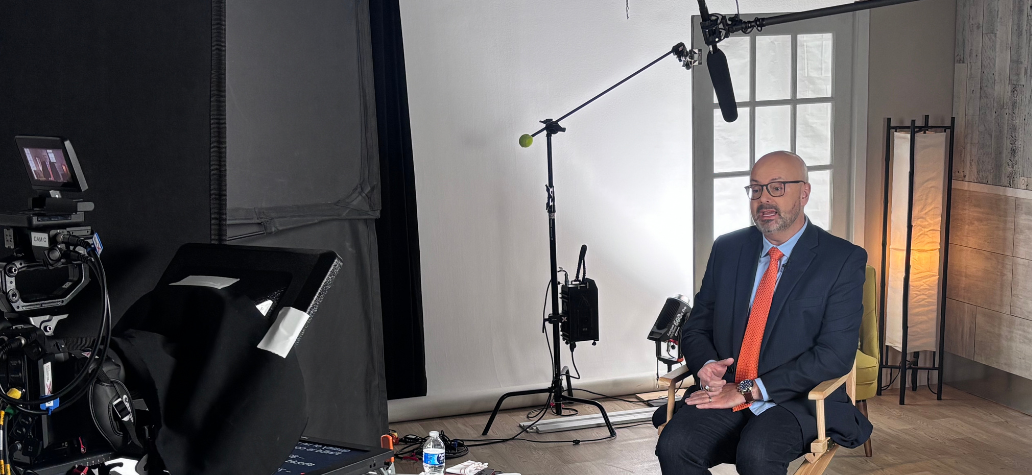The field has addressed the question whether financial education “works.” States are consistently passing financial education graduation requirement policies. A majority of adults surveyed share how they wish they had the opportunity to take a financial education class. Companies are offering financial wellness benefits and fintech continues to develop educational tools.
However, the question of impact goes beyond simply measuring an individual’s knowledge before and after education. It is how that knowledge is incorporated into their lives, leading to how that information shapes their communities and greater society, as referenced in the Personal Finance Ecosystem. This is where more analysis and research are needed that will drive the path our field takes. Little successes lead to larger successes because the stakeholders in our field have the ingenuity to cultivate, analyze and promote.
The discussions and interactions from the FEI&I Summit demonstrated an eagerness to explore next steps. As our field matures, we expand our ability to question aims, re-examine assumptions, test theories, and measure outcomes with greater accuracy. We aimed to extend the conversation of impact and its tie to financial education’s contribution to closing the racial wealth gap and the role financial interdependence plays in research, policy, philanthropy and practice.
Impact is where our field turns from philosophical to practical, showcasing how important the topics we promote are to different segments of society. All the work we do as a field should include a conversation about what the impact will be.
Learn more from NEFE’s thought leaders on how impact was framed at the 2024 FEI&I Summit:
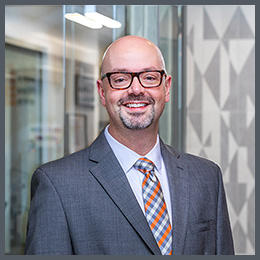
“We’ve spent a lot of time over the years working to improve the practice of financial education. The Summit highlighted the gold standard of what we all hope to achieve with those improved efforts—measurable impact. It was gratifying to come together with so many caring and driven professionals eager to share stories of the outcomes of their important work.

“Impact remains the most important factor of FinEd and the Summit. None of what we do as a field, individually or at NEFE matters unless we create impactful outcomes for those who come into contact with financial education. The Summit partnered advocates, researchers, and practitioners to better understand how the field can create more impact, via research, better policy and practice, we can create a world where everyone has the financial tools needed to succeed.
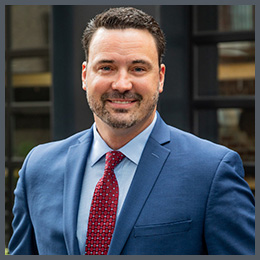
“The Summit is a motivating event full of vibrant and passionate advocates with one goal in mind—helping everyone be dedicated, empowered and resilient in their financial lives. This gathering is a space to explore the issues and challenges that ultimately improve effectiveness to helping individuals build knowledge, find trustworthy resources, access the right financial tools and confidently advocate for their financial well-being.
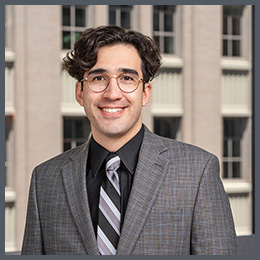
“The impact that these important lessons will have on the minds of today’s youth will be profound. I was happy to see folks from early state adopters and this past Summit. Those deeply involved with FinEd will serve as a beacon for other locations.

“Impact – the strong effect or influence on something or someone. This was one of the greatest outcomes of the Summit. Not only was the Summit an experience that captured and reflected the impact of our work in financial education/across the financial ecosystem, the Summit itself fostered spaces where learning, sharing, networking, and building new collaborations deeply influenced how participants continue to think about and champion effective financial education for all.
-- Michelle Samuels-Jones, Senior Vice President, Equity and Engagement
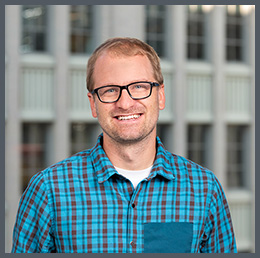
“The Summit validated the importance of examining how and for whom financial education creates impact, as keynotes and breakout sessions highlighted the nuanced variables of delivery, context, and even learner experience. Particular sessions, like the one on the financial capability of refugee populations, aligned with our equity-focused, evidence-based lens. The presented research from speakers underscores the critical role it plays in driving informed practice and advancing policy solutions in financial education.

“It can be easy to link financial education’s impact to measuring frugality, a term that is associated with “withholding” and “going without.” For our field to draw in broader audiences—especially audiences who truly need financial education tools—the impact conversation must tie to gaining specific knowledge that will allow each individual to make the best decisions for their present selves and future selves.

